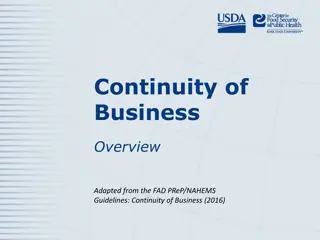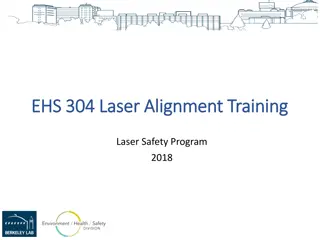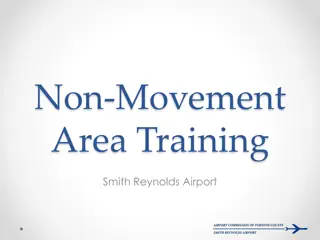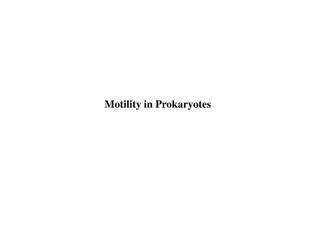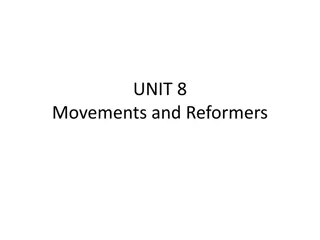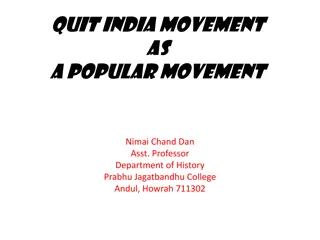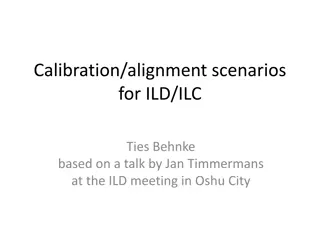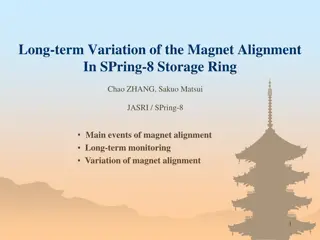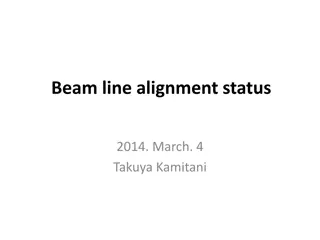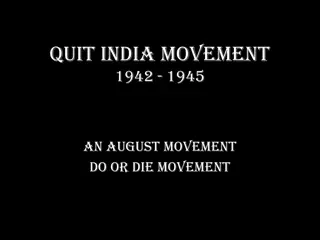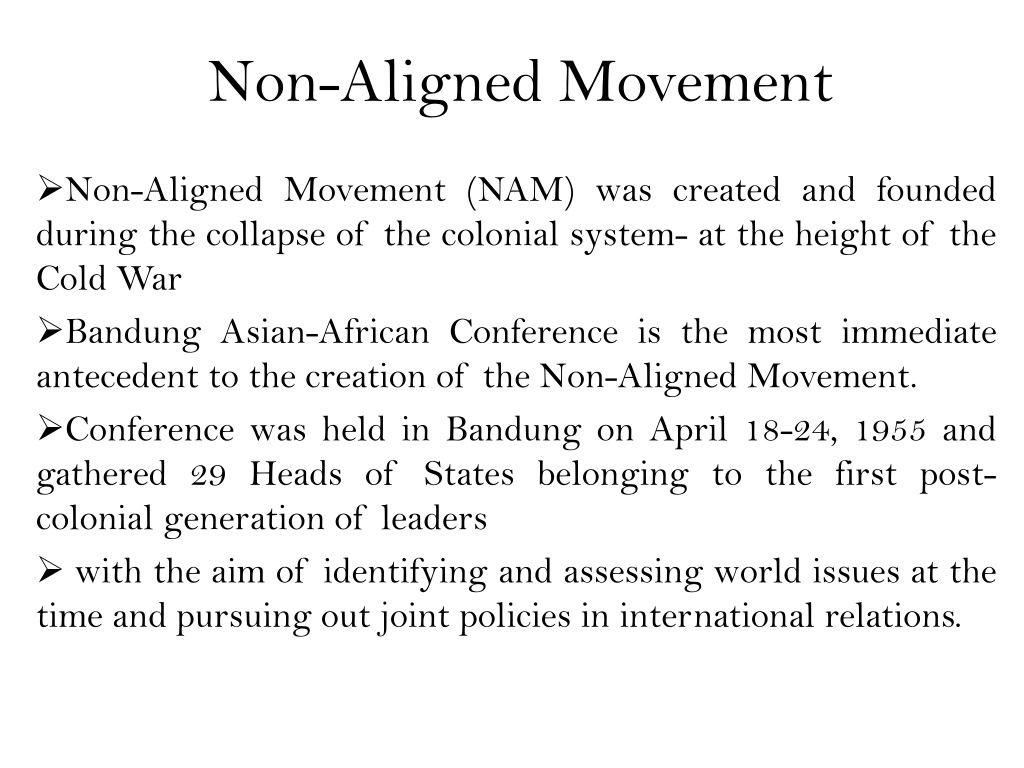
Creation and Principles of Non-Aligned Movement
"Learn about the origins of the Non-Aligned Movement during the Cold War era, its founding principles, and the key objectives identified at the Bandung Conference. Explore the ten principles of Bandung and the core values promoting international cooperation and peace among nations."
Download Presentation

Please find below an Image/Link to download the presentation.
The content on the website is provided AS IS for your information and personal use only. It may not be sold, licensed, or shared on other websites without obtaining consent from the author. If you encounter any issues during the download, it is possible that the publisher has removed the file from their server.
You are allowed to download the files provided on this website for personal or commercial use, subject to the condition that they are used lawfully. All files are the property of their respective owners.
The content on the website is provided AS IS for your information and personal use only. It may not be sold, licensed, or shared on other websites without obtaining consent from the author.
E N D
Presentation Transcript
Non-Aligned Movement Non-Aligned Movement (NAM) was created and founded during the collapse of the colonial system- at the height of the Cold War Bandung Asian-African Conference is the most immediate antecedent to the creation of the Non-Aligned Movement. Conference was held in Bandung on April 18-24, 1955 and gathered 29 Heads of States belonging to the first post- colonial generation of leaders with the aim of identifying and assessing world issues at the time and pursuing out joint policies in international relations.
"Ten Principles of Bandung (Objectives) key role was played in this process by the then Heads of State and Government Gamal Abdel Nasser of Egypt, Kwame Nkrumah of Ghana, Shri Jawaharlal Nehru of India, Ahmed Sukarno of Indonesia and Josip Broz Tito of Yugoslavia, founding fathers of the movement
Primary Of Objectives of NAM 1. 2. 3. 4. 5. 6. self-determination, national independence sovereignty and territorial integrity of States; opposition to apartheid; non-adherence to multilateral military pacts independence of non-aligned countries from great power or block influences and rivalries; struggle against imperialism in all its forms and manifestations; struggle against colonialism, neocolonialism, racism, foreign occupation and domination; disarmament; 10. non-interference into the internal affairs of coexistence among all nations; 11. rejection of the use or threat of use of force in international relations; 12. strengthening of the United Nations; 13. democratization of international relations; 14. socioeconomic development and the restructuring of the international economic system; 15. as well as international cooperation on an equal footing. 7. 8. 9. States and peaceful
The ten principles of Bandung 1. Respect of fundamental human rights and of the objectives and principles of the Charter of the United Nations. 2. Respect of the sovereignty and territorial integrity of all nations. 3. Recognition of the equality among all races and of the equality among all nations, both large and small. 4. Non-intervention or non-interference into the internal affairs of another -country. 5. Respect of the right of every nation to defend itself, either individually or collectively, in conformity with the Charter of the United Nations.
6. Non-use of collective defense pacts to benefit the specific interests of any of the great powers. b. Non-use of pressures by any country against other countries. 7. Refraining from carrying out or threatening to carry out aggression, or from using force against the territorial integrity or political independence of any country. 8. Peaceful solution of all international conflicts in conformity with the Charter of the United Nations. 9. Promotion of mutual interests and of cooperation. 10. Respect of justice and of international obligations.
First NAM Summit in Belgrade in 1961 16th Summit in Teheran, August 2012 17th Summit in the Island of Margarita, Bolivarian Republic of Venezuela 2016 18thSummit going to host by Azerbaijan in 2019 long-standing goals of the Movement remain to be realized. Peace, development, cooperation and the international relations, to mention just a few, are old goals of the non-aligned countries. economic democratization of

